New Jersey’s Solid Waste Association of North America 2022 Conference
This past Spring, SWANA’s (Solid Waste Association of North America) New Jersey Chapter returned to their live Annual Conference following a two-year hiatus resulting from the Covid-19 pandemic.
The conference covered a wide range of topics related to the solid waste industry and New Jersey solid waste law, including safety in waste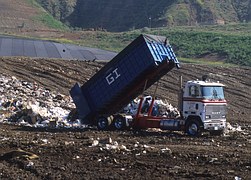 transportation, to the recent implementation of the plastic bag ban across the State, to fleet innovation and modernization. SWANA NJ panelists in fact noted that solid waste transporters are 10 times more likely to have fatalities than workers in other industries and that waste haulers have the 6th most dangerous job in the United States (more dangerous than firefighters). Interestingly, statistics show that most accidents occur in March and June which – it is speculated – may be the result of an influx of pedestrians during these months. It is therefore recommended that waste transporters increase their safety meetings, briefings, and/or reminders to drivers and workers around these time periods.
transportation, to the recent implementation of the plastic bag ban across the State, to fleet innovation and modernization. SWANA NJ panelists in fact noted that solid waste transporters are 10 times more likely to have fatalities than workers in other industries and that waste haulers have the 6th most dangerous job in the United States (more dangerous than firefighters). Interestingly, statistics show that most accidents occur in March and June which – it is speculated – may be the result of an influx of pedestrians during these months. It is therefore recommended that waste transporters increase their safety meetings, briefings, and/or reminders to drivers and workers around these time periods.
SWANA’s national organization emphasizes their 5 tips for safe work practices. First, always wear Personal Protective Equipment. This is not limited to Covid masks. PPE for waste haulers may include high visibility vests and/or outerwear. Second, never use your cell phone while driving or working. Besides being illegal, distraction from cell phone use is a huge factor in accidents. Third (and mostly for municipal waste transporters) don’t ride on the step if the truck is backing up or traveling at more than 10 mph or for more than 1/5th mile at a time. Fourth, always comply with safety belt rules. Fifth, never speed and never rush.
 New Jersey Lawyers Blog
New Jersey Lawyers Blog


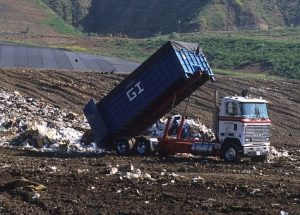 approximately October 14, 2021.
approximately October 14, 2021.
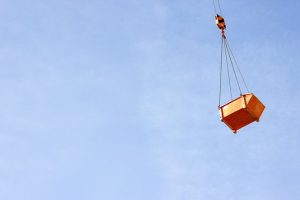 When a solid waste collection company enters into a contract to transfer ownership of assets, a petition for approval must be submitted the New Jersey Department of Environmental Protection. Assets may not be transferred until this approval is obtained. One area which the NJDEP evaluates prior to issuing such an approval is the impact of the transfer upon effective competition. This is a very detailed analysis which can be time consuming.
When a solid waste collection company enters into a contract to transfer ownership of assets, a petition for approval must be submitted the New Jersey Department of Environmental Protection. Assets may not be transferred until this approval is obtained. One area which the NJDEP evaluates prior to issuing such an approval is the impact of the transfer upon effective competition. This is a very detailed analysis which can be time consuming.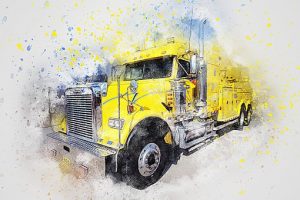 Selling a business can be an involved process. However, selling an A901 licensed waste transportation business in New Jersey can be even more complex.
Selling a business can be an involved process. However, selling an A901 licensed waste transportation business in New Jersey can be even more complex. regulation, licensing, and/or registration, garbage hauling is a particularly scrutinized industry.
regulation, licensing, and/or registration, garbage hauling is a particularly scrutinized industry. There is a large and complex body of laws which restrict and regulate the of waste transportation businesses in New Jersey. Indeed, New Jersey has arguably the most stringent requirements and restrictions on the solid waste industry in the country.
There is a large and complex body of laws which restrict and regulate the of waste transportation businesses in New Jersey. Indeed, New Jersey has arguably the most stringent requirements and restrictions on the solid waste industry in the country.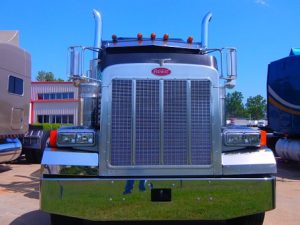 The
The 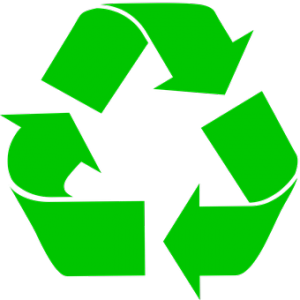 New Jersey heavily regulates the transportation and disposal of solid waste (garbage) and recycling. These activities are governed by New Jersey’s
New Jersey heavily regulates the transportation and disposal of solid waste (garbage) and recycling. These activities are governed by New Jersey’s